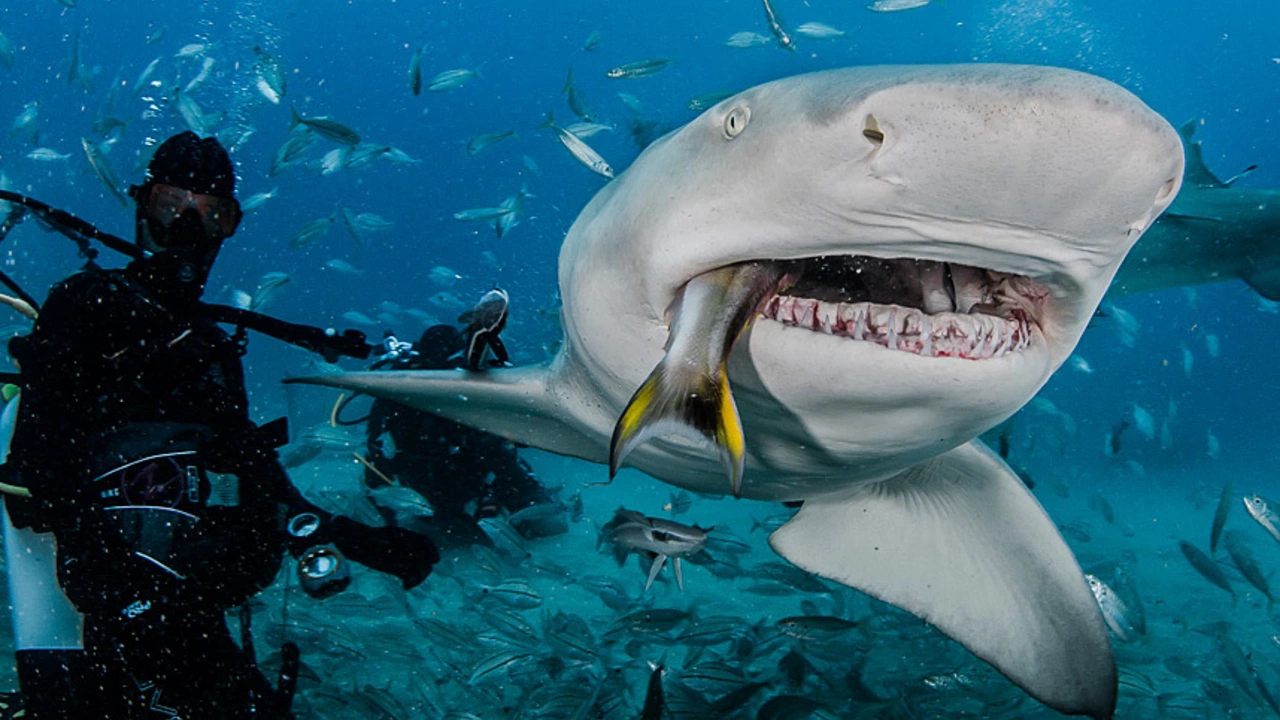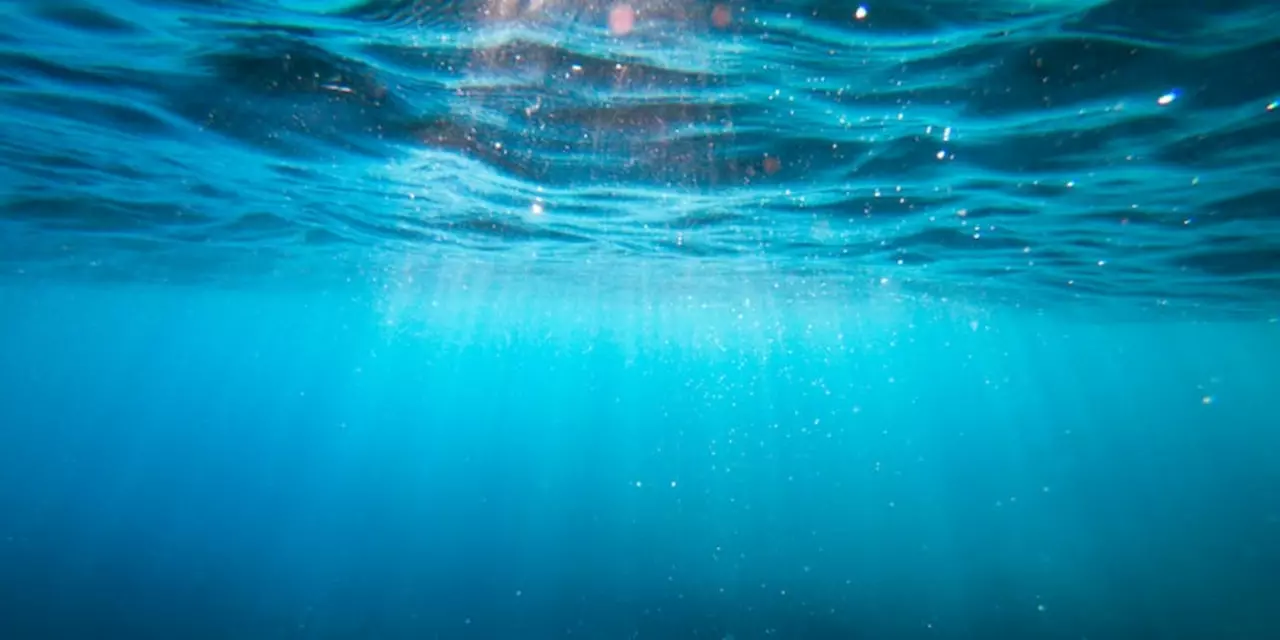Understanding Shark's Living Habitat
One of the biggest misconceptions about sharks is that they only inhabit shallow waters. The truth is, these majestic creatures are capable of diving to incredible depths, much deeper than most people realize. As a matter of fact, some species of sharks are known to go as deep as 3,000 feet below the surface. However, not all shark species are capable of surviving at such depths. It largely depends on the species, their physiological adaptations, and their feeding habits.
Understanding where sharks live can help us better appreciate these misunderstood creatures. They are not just mindless eating machines that lurk near the surface, waiting to attack. They are complex creatures with diverse lifestyles, capable of living in various habitats, including the deep sea. The more we understand about their behavior, the better we can work towards their conservation.
The Deep Sea Environment
The deep sea is a harsh and inhospitable place. It's extremely cold, there is almost no light, and the pressure is tremendous. Despite these conditions, some sharks have evolved to survive and even thrive in this environment. They have special adaptations that allow them to cope with the high pressure, low temperatures, and lack of light.
For example, deep-sea sharks have large, oily livers that help them maintain buoyancy in the deep water. They also have highly sensitive eyes and other sensory organs to detect prey in the dark, and their bodies are designed to withstand the immense pressure of the deep sea. Some species even have the ability to glow in the dark, a phenomenon known as bioluminescence, which they use for communication, attracting prey, or warding off predators.
Species of Sharks that Dive Deep
There are several species of sharks that are known to dive to great depths. The Greenland Shark, for example, is a deep-sea dweller that has been found at depths of up to 7,200 feet. The Bluntnose Sixgill Shark is another species that frequently dives to depths of over 6,000 feet. Other deep-sea species include the Portuguese Dogfish, the Frilled Shark, and the Pacific Sleeper Shark.
These sharks have adapted to the extreme conditions of the deep sea in various ways. Some have slow metabolic rates, which allows them to survive on scarce food resources. Others have developed unique hunting strategies to catch their prey. But all of them have found a way to survive and thrive in an environment that is inhospitable to most forms of life.
Why Do Sharks Dive Deep?
Sharks dive deep for a variety of reasons. Some do it in search of food, as the deep sea is home to a rich and diverse array of creatures that make up their diet. Others do it to avoid predators or to find a suitable mate. Some species of sharks even dive deep to regulate their body temperature, as the water is colder at greater depths.
It is also thought that some sharks dive deep as a way to cleanse their bodies of toxins. The high pressure at these depths is believed to help flush out certain toxins from their system. While this theory is still being studied, it's a fascinating insight into the complex lives of these incredible creatures.
Studying Sharks in the Deep Sea
Studying sharks in their natural habitat, especially in the deep sea, is a challenging task. The extreme conditions make it difficult for researchers to observe these creatures directly. However, advances in technology have made it possible to study these creatures in more detail than ever before.
Scientists now use remote-operated vehicles (ROVs), autonomous underwater vehicles (AUVs), and even satellite tracking to study sharks in the deep sea. These tools allow scientists to observe the behaviors of these creatures in their natural habitat, providing valuable insights into their lives and helping to inform conservation efforts.
Final Thoughts on Sharks and the Deep Sea
Sharks are truly incredible creatures, capable of surviving in some of the harshest conditions on the planet. Their ability to dive to great depths is a testament to their adaptability and resilience. As we continue to study these fascinating creatures, we are constantly learning more about their behaviors, their adaptations, and the important role they play in the ecosystem.
So, the next time you think of sharks, don't just picture them lurking in shallow waters. Imagine them swimming gracefully in the deep sea, navigating the darkness, and thriving in an environment that would be deadly to most other creatures. It's a testament to their incredible survival skills and a reminder of the wonders that lie beneath the surface of our oceans.

